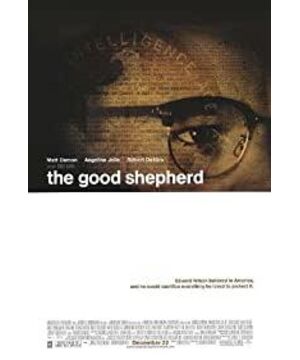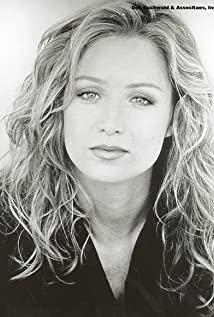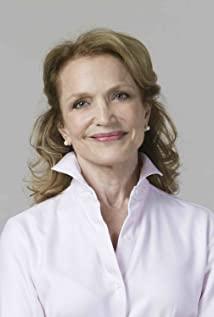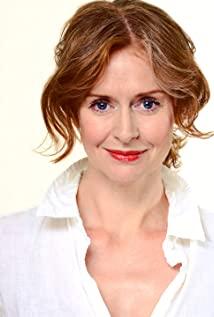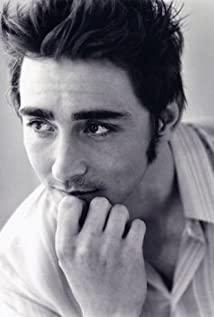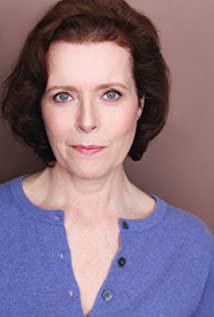This is De Niro's first film directed in 2006. The story is about the history of the CIA.
In the early days of World War II, Edward Wilson, a top student at Yale University, was recruited as a first-generation member of the CIA. And was sent to the UK for training and activities, he also said goodbye to his new wife Kroll, and did not see each other for six years. When they met again, Edward was already the head of the CIA's counterintelligence division. During this period, he and his wife also betrayed each other. After that, Edward continued to work hard, doubting this and monitoring that every day, and was in a constant state of anxiety. Kroll continued to endure loneliness and loneliness. The film also describes the dilemma Edward encountered in his work. First, a Soviet spy surrendered and recruited many KGB lurkers in the CIA. Unexpectedly, another defector came later, with the same name as the original one, and said that the original one was a fake defector. After half a day of trial, there was no result. Embarrassed Edward. Immediately after encountering the Bay of Pigs incident, he planned a well-planned sneak attack and returned home. All this made Edward enough of the frustration of failure. But Edward was most distressed by his son. Edward lost everything he had for the CIA.
The Central Intelligence Agency (CIA) was established at the beginning of World War II. The motive was naturally to defeat fascism. Maybe it's because what they're doing is so secretive, people don't know what it's done in the war, and what the CIA is doing at this point is the only right thing. Later, the CIA developed and expanded, and people also heard about some things, some countries and some personalities. There are Shiro Ishii in Japan in the 1940s, Pahlavi in Iran in the 1950s, Castro in Cuba in the 1960s, Allende in Chile in the 1970s, Noriega in Panama in the 1980s, and so on. Because of these brilliance, Pompeo, the former CIA director, summed up a bureau training: "We lie, we deceive, we steal. This is the glory of the United States' continuous exploration and progress."
Just look at the Bay of Pigs incident described in the film. Originally, Batista, who was overthrown by Castro, was an outright dictatorship. When the Castro Revolution came to power, the United States was very upset. In the film there is a video of the newly installed US President Kennedy saying: "Is it possible that our country will make a decision to help the anti-Castro forces rise, or invade Cuba? But first I want to say that in any case, The United States will not interfere in Cuba's internal affairs by armed force." So, guided by his contradictory and ridiculous policies, the United States found a group of Cuban exiles to form mercenaries and landed in the Bay of Pigs in an attempt to restore them. B-26 dispatched support, isn't this a blatant aggression? Unexpectedly, Cuba had been prepared for a long time and beat the rabble to flee. The CIA also took notice. It can be seen that in the American consciousness, the same belief is the first, and what democracy and freedom is just a set of rhetoric to cover up hypocrisy. This way of thinking has deeply penetrated into the formulation of the principles and policies of successive American governments until now. As everyone knows, society is constantly improving, and people's understanding of the world is constantly improving. Sooner or later, hypocrisy will be seen through and spurned by people.
Director De Niro wants to tell the audience not just the history of the CIA, and certainly not the ugliness of the CIA that I am concerned with. From Edward's experience, what we need to think about is how to deal with our beliefs and how to live our lives. In the film, Edward was spotted by the CIA due to an accidental surveillance operation and embarked on this road of no return. Edward himself considered this to be embraced out of loyalty to the country. But along the way, he saw one thing after another that was contrary to his naive thought. His teacher Frederick will be silenced for knowing too much. The old Frederick, after hearing Edward's final exhortation to him, fully understood what he was about to face. He said calmly, "It's dirty work, I've been doing it for too long." At this last moment, he said earnestly to Edward: "You should consider changing your shoes, Edward. We all have our own way, no Do you? Leave now, while there is still faith, and while there is still soul." Afterwards, Edward watched his mentor be killed and thrown into the river without the slightest trace. What remained on the river was only the half of the walking stick that was out of the water.
In this regard, we do not see whether the taciturn Edward was shaken by his beliefs. But even his boss was faintly dissatisfied. His chief Philip said to him before leaving the stage: "Why do those people want us to work hard? The salary is meager. This business is always about to watch out for others to find out." General Sullivan, Edward's guide played by De Niro, also Put it this way: "We always seem to be making mistakes in democracy." His son also said, "I've always been afraid because it's all a secret." Whether Edward loved or hated the job, what we could see was him. Work hard and persevere. In his position, he is no longer just a role model for the tiger, he has already become the minion and brain of the tiger.
Edward's first love was Lola. In the film, when Edward and Lola meet again many years later, we see that Edward's face shows a rare joy, and perhaps only Lola can awaken the emotions buried in his heart. But even such a meeting required Edward to use the power of the CIA to make secret arrangements that stipulated procedures (but still did not escape the surveillance of the opponent). When sending Lola off, Lola said to Edward emotionally, "You owe me the day on the beach." At this time, Edward couldn't respond. He endured the pain in his heart and silently closed the car door.
In these turbulent times, everyone faces some critical choices in life. Here we can see that many people with lofty ideals have chosen a correct and difficult path without hesitation for the sake of the country and the people. Just looking at the hidden fronts, there are Pan Hannian, Wu Shi, Jin Wulan, Guan Lu... They abandoned their comfortable life, abandoned their family, abandoned everything they had, and were willing to suffer people's long-term misunderstanding and neglect, and even sacrificed life. Their life is a glorious and valuable life, and they have been respected and missed forever by our descendants. But looking back at Edward, his choices were made out of blind faith that he could not be sure of, for example Ulysses said to him: "You must decide which is more important to you, your country? Or your son?" This made Edward fall into a helpless hesitation. In order to do those scandalous acts that seem to be in the interests of the country, he must abandon love, friendship, trust, conscience, life, and all the good qualities of human beings, and practice hypocrisy, deceit, murder, stealing, and live in "nothing." people you can trust" in a terrifying environment. In the end, he ruined the lives of many people and his own. So, I can't help but ask: Who has the right to make him make such a choice? Are these evils also the price of so-called freedom?
After watching the movie, I also read some movie reviews on the Internet. Some netizens made a detailed and serious analysis of the details in the movie. This is very good and inspiring. But on the other hand, it feels like a short two-hour film can hardly contain the spam that the CIA has had for decades. This art form is not suitable for expressing such complex content. De Niro chose such a field as his directorial debut. There were originally many places that could be understood and unspoken, as Yuan Chun said: "It's a hidden place." In this way, it is really difficult for him. Perhaps he has not fully grasped the popular and popular characteristics that the art form of film needs to have. Having read some of Le Carré, Forsyth and Clancy's works before, I feel that novels are the best form of espionage. So when I watched the movie for the first time, I felt that the plot was boring and disorganized. It wasn't until the second time that I could see the taste. For the average audience, it's even harder to understand the plot development. Fortunately, the film also has its own characteristics and novelties, unlike the usual Hollywood. There are also some novel tricks in it. For example, the lines of the next shot are inserted at the end of this shot, and there are different simultaneous speeches in a heated dialogue, and it ends with a key language. The descriptions of details, such as the CIA Christmas party, the old-fashioned recording equipment, the flowing white dress in the air outside the plane, the stage play of Chekov's "The Cherry Orchard," are all true. All are very flavorful. As for the flashbacks and interludes in the film, it seems that there are more, which makes people a little confused in time and space.
My rating: 7.5.
View more about The Good Shepherd reviews


